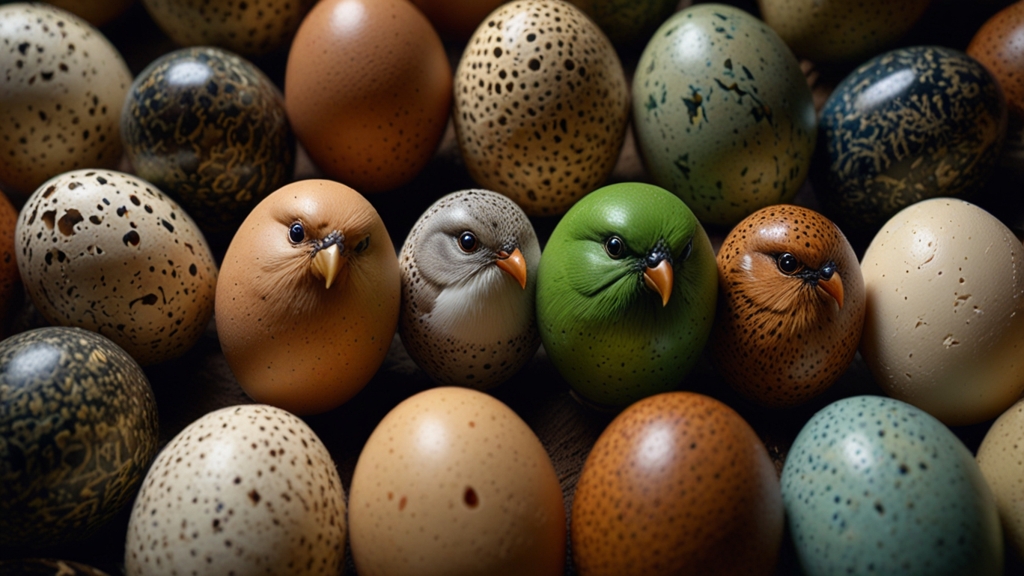The Magic of Riddles Captivating Minds Everywhere
Riddles have been a captivating form of entertainment and intellectual stimulation for centuries. Across cultures and epochs, they pique our curiosity and challenge our mental faculties. These seemingly simple questions or statements often have deeper meanings or tricky answers that leave us pondering. But what is it about riddles that make them so enchanting? Let's delve into the magic of riddles and understand why they continue to captivate minds everywhere.
The Historical Significance of Riddles
Riddles are not a modern invention; they have a rich history that traces back to ancient civilizations. In ancient Greece, the Sphinx's riddle is famously known from the story of Oedipus. The Norse mythology also features enigmatic questions in the poetic Eddas, while African and Native American cultures used riddles in their oral traditions to pass on wisdom and teach values.
“What walks on four legs in the morning, two legs at noon, and three legs in the evening?” - The riddle of the Sphinx.
This ancient form of puzzle was not just for entertainment. Riddles were used in various ceremonies and rituals, often seen as a test of intellect and wisdom. For example, in many cultures, answering a riddle correctly could mean proving one's worthiness, intelligence, or rightful place within a community.
The Cognitive Benefits of Solving Riddles
Engaging with riddles offers a plethora of cognitive benefits. When we solve riddles, we are essentially doing brain exercises that sharpen our mental acuity. Riddles promote lateral thinking, encouraging us to think beyond the obvious and find creative solutions. This mental stretching enhances our problem-solving skills and our ability to think critically.
Moreover, riddles improve memory and concentration. The process of understanding a riddle, holding its elements in mind, and working through the possibilities to reach a solution necessitates focus and mental agility. This cognitive workout can help keep the brain in top shape, making it an enjoyable way to boost mental fitness.
The Social and Cultural Role of Riddles
Riddles also play a significant role in social and cultural interactions. They are often used as conversational icebreakers that can bring people together, irrespective of age or background. In a social setting, a well-placed riddle can spark lively discussions, laughter, and bonding.
“I speak without a mouth and hear without ears. I have no body, but I come alive with the wind. What am I?” - A popular modern-day riddle.
This collective engagement with riddles fosters a sense of community and shared experience. In many cultures, riddles are passed down through generations, preserving not only the riddles themselves but also the cultural values and wisdom they embody. They act as a bridge between the past and the present, connecting us to our heritage in a fun and engaging way.
The Universal Appeal and Resurgence of Riddles
In today's digital age, riddles have seen a resurgence in popularity, thanks in part to social media and online platforms. Websites and apps dedicated to riddles attract millions of users who enjoy the challenge and the sense of accomplishment that comes with solving them. This revival demonstrates the universal appeal of riddles. Their simplicity and depth ensure they remain an enduring form of intellectual play.
Modern riddles often blend humor with intellect, making them accessible to a broader audience. They are incorporated into various forms of media, from books and movies to video games and educational tools. This versatility ensures that riddles continue to captivate and entertain, while also educating and challenging the minds of people of all ages.
Conclusion
Riddles are a timeless testament to the beauty of the human mind's creativity and problem-solving ability. From their historical roots to their cognitive and social benefits, riddles are more than just a pastime. They are a fascinating blend of simplicity and complexity, offering endless enjoyment and intellectual satisfaction. As they continue to captivate minds everywhere, riddles remind us of the joy of discovery and the power of wit.






